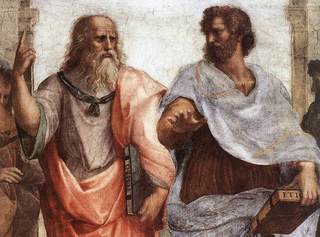Renaissance philosophy started in the mid-14th century and saw the flowering of humanism, the rejection of scholasticism and Aristotelianism, the renewal of interest in the ancients, and created the prerequisites for modern philosophy and science. At least, this is the conventional story. But, in fact, there was no Renaissance. It is an invention by historians, a fiction made in order to tell a story – a compelling story about the development of philosophy, but nevertheless a story. In fact, all periodisation is ‘mere’ interpretation. This view is called historiographical nihilism.
Historiography was for a long time simply the writing of histories. Sweden, for example, had a royal historiographer, which was a formal appointment at the Royal Court. For a period in the late 17th century, the position was held by the philosopher Samuel Pufendorf (1632-94). He wrote several books in Latin on the history of Gustav II Adolf’s war efforts in Europe during the Thirty Years’ War, as well as one about Queen Christina’s abdication. Recently, historiography has become more a study of how history is written. In the second sense, it is the works of the historians and their methods that are the object of study, and not history itself. A historiographer doesn’t write histories, but develops theories about how history is written.
Read Full Article »






